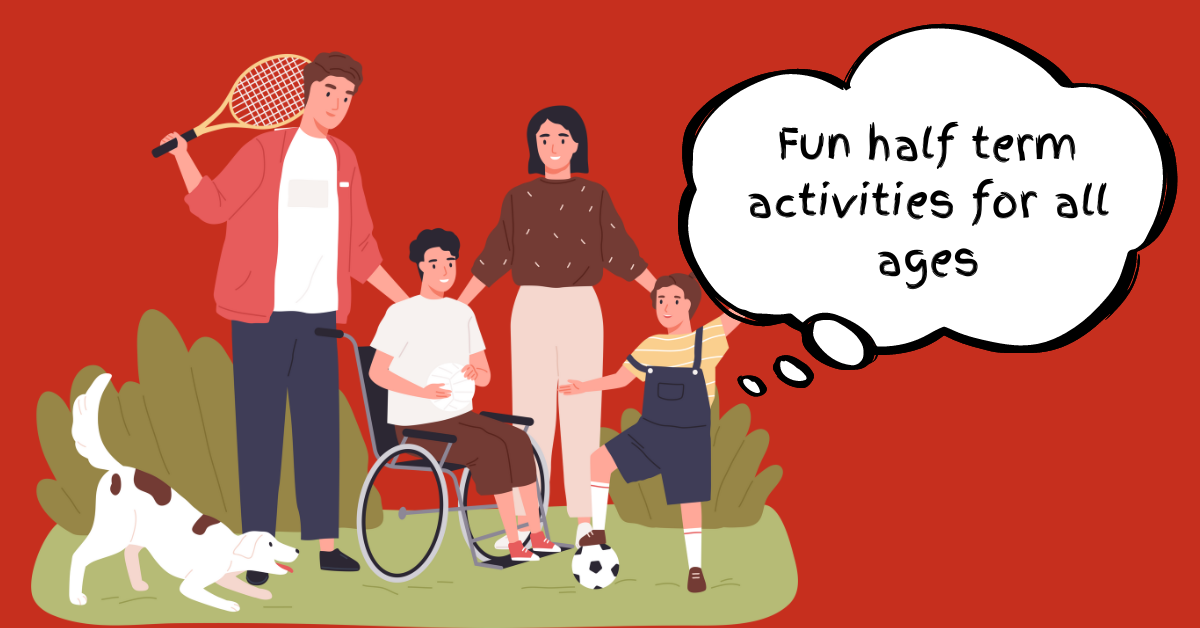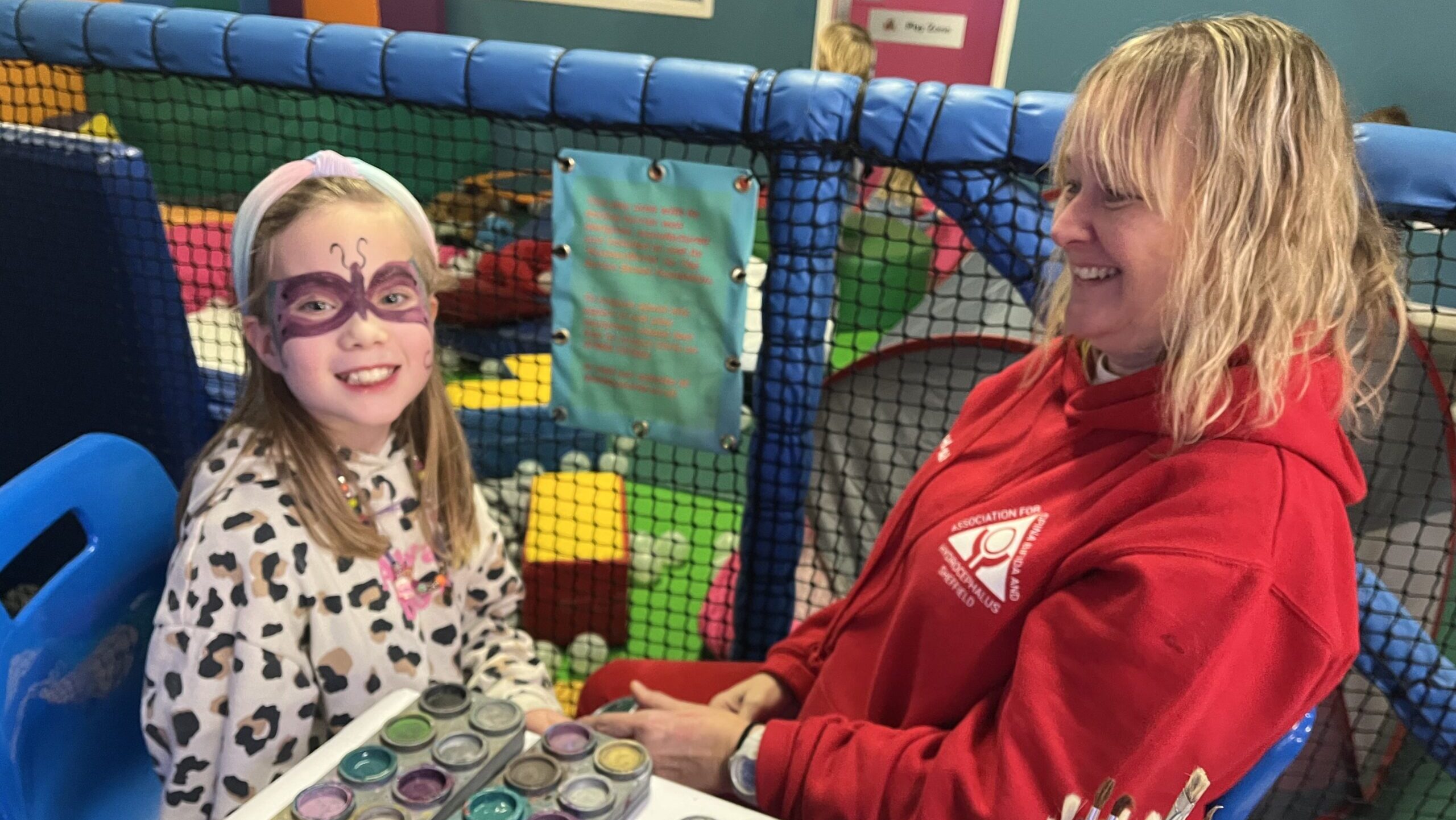The transition to a new school is a huge milestone when your child has Special…
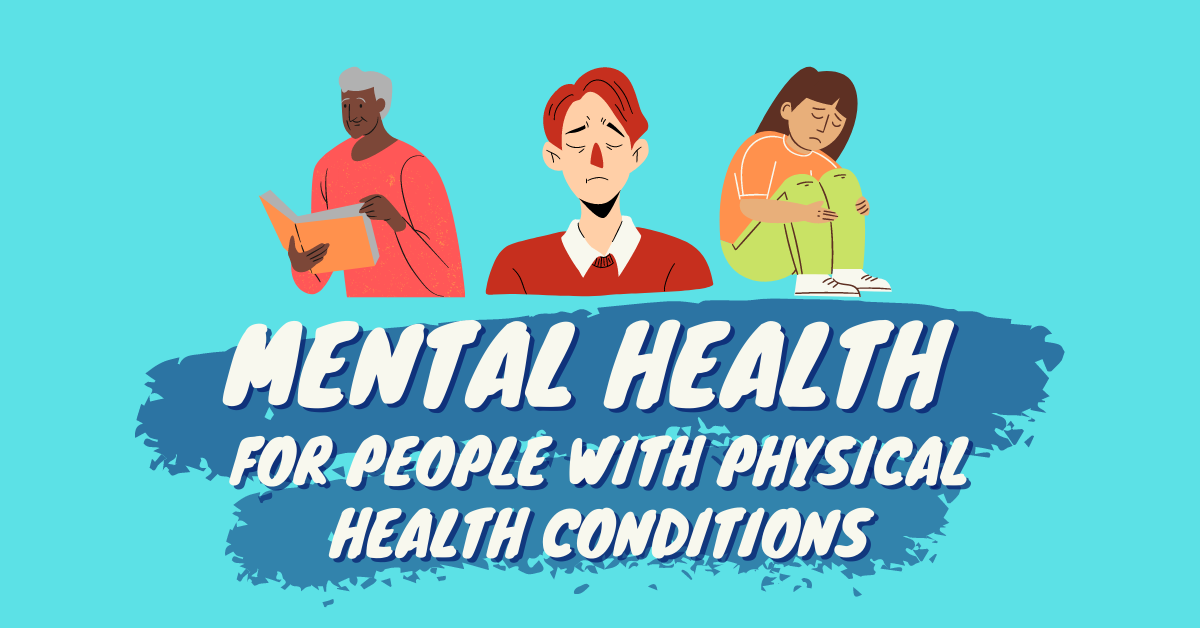
Mental Health for People with Physical Health Conditions
As part of Mental Health Awareness Week, SHASBAH want to stand up for the mental health of everyone affected by Spina bifida and Hydrocephalus. Did you know that people with a long-term physical health condition are more likely to struggle with their mental health? What should we know about mental health? Why are physical conditions and mental health issues linked? What can we do to help others and ourselves in a time when so many are struggling? Read our answers in this introductory guide to mental health for people with physical health conditions.
What is a mental health problem?
We all have mental health, just like we all have physical health. Our mental health controls how we think, feel and react. Due to a whole range of reasons, some of us are healthier than others. A mental health problem is where you find it difficult to think feel and react in the way you want to.
Watch this video to understand more.
Why are mental health problems and physical conditions linked?
There are a few extra reasons why people with physical health conditions can struggle with their mental health:
- Physical issues – Pain and illness can cause distress and worry. Physical health conditions mean that personal care and daily routines are often a lot more effort. People with complex conditions like Spina bifida and hydrocephalus can find themselves needing a hospital stay, which creates emotional stress and disrupts normal life.
- Social factors – Society throws up challenges for people with physical disabilities, including discrimination, lack of access, needing to figure out difficulties with benefits, housing, work, carers, etc. These are additional burdens that other people don’t have to deal with.
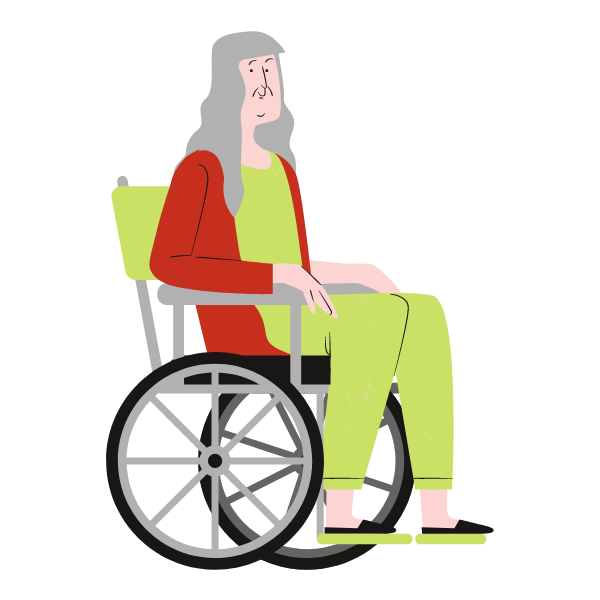
Types of mental health problem
There many different types of mental health conditions, which all have different symptoms. However, the most common conditions are anxiety and depression.
Anxiety is a feeling of worry or fear. Anxiety becomes a mental health problem when it affects your ability to go about your everyday life. It can create physical symptoms including pounding heart rates, feeling hot and sweaty, shortness of breath, difficulty sleeping, stomach-churning and nausea. The worried thoughts and physical feelings are hard to control.
Depression involves long periods of feeling sad or low, which affect daily life. It can be hard to enjoy life and feel interested in doing enjoyable activities like eating and socialising. Sleep is often affected and you may feel tired and lacking in motivation. In its most serious forms, depression can also include hurting yourself and suicidal thoughts. If this is the case, you should seek help immediately.
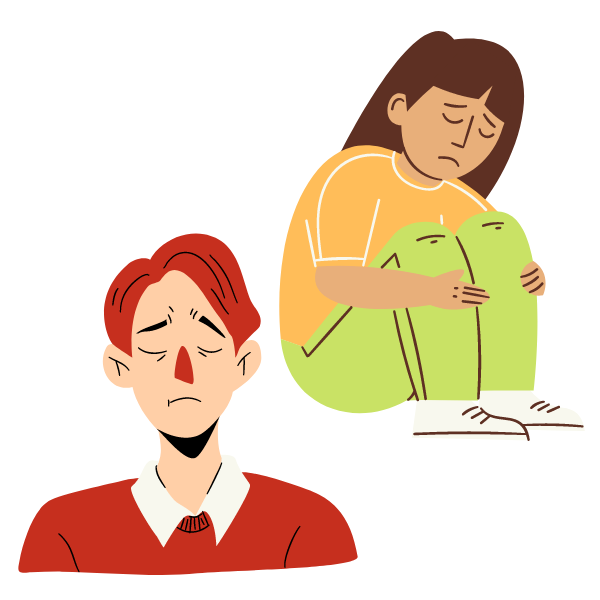
For a full list of the types of mental health conditions, see the Mind website.
How to take care of your mental health
There are things that we can do to stay mentally healthy and manage mental health conditions. You may have heard this described as “self-care”. Think of it like eating your 5-a-day, but for your mental health! If you’re feeling a bit overwhelmed, anxious or low, run through this list and see whether there’s anything which is missing from your day-to-day routine.
- Keep in touch – Stay connected with friends and family, or make some new connections if you’re feeling lonely. Make sure to check in with each other about how you’re feeling and coping with life.
- Take time to relax – Find activities which help you to switch off, and do them regularly. This could be something like reading a book, baking or spending time outside.
- Pay attention to how you are feeling and what helps or doesn’t help you feel well.
- Look after your physical health – Value your body by giving it what it needs, including healthy food, personal care, plenty of sleep and exercise.
- Get outside – Spending time in nature helps to improve mood and reduce stress. It doesn’t just have to be going to the park, you could also plant some seeds on your windowsill or cuddle a pet.
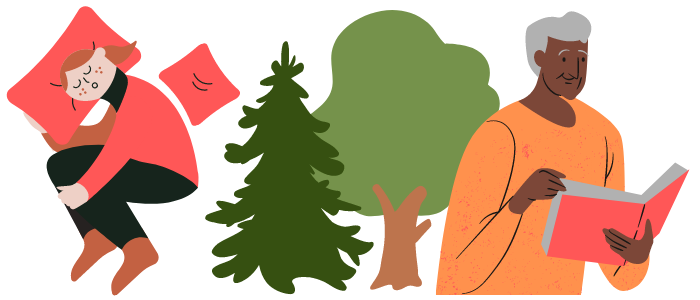
If these steps are too difficult for you, or they aren’t making enough of an impact, then it’s time to get help.
Where to go for help
It’s brave and sensible to reach out and ask for help if you are struggling to cope. First, you should go to your GP. They can listen to what you’re going through, offer advice and refer you onto treatments such as anti-depressants or counselling.
Next, it’s important to tell someone in your close family or friends about any problems you are facing with your mental health. It’s the same as with physical health issues – these are the people who know you best, so they’re best placed to offer you day-to-day support. Tell someone who you trust, who is kind and who has been supportive in the past. You don’t have to tell everyone. For more help with talking to others about your mental health, see this page on the Mind website.
There are lots of mental health charities and online resources out there, so we’ve put together a few resources that we think are most helpful:
- Mind – The biggest mental health charity in the UK. They have a website full of expert advice, as well as an online community where you can talk and listen to others who are facing mental health issues.
- Young Minds – A charity which aims to support young people and their parents when dealing with mental health problems. They have specialist advice on Child and Adolescent Mental Health Services (CAMHS).
- Samaritans – Day or night, Samaritans are available to listen and support. Just call for free on 116 123.
- Shine – The national Spina bifida and Hydrocephalus charity has some helpful information on mental health, which is specifically tailored to these conditions.
As always, SHASBAH are here to help. Call us if you want to talk, or get involved in our events and activities to meet others, try new things and get out of the house.


